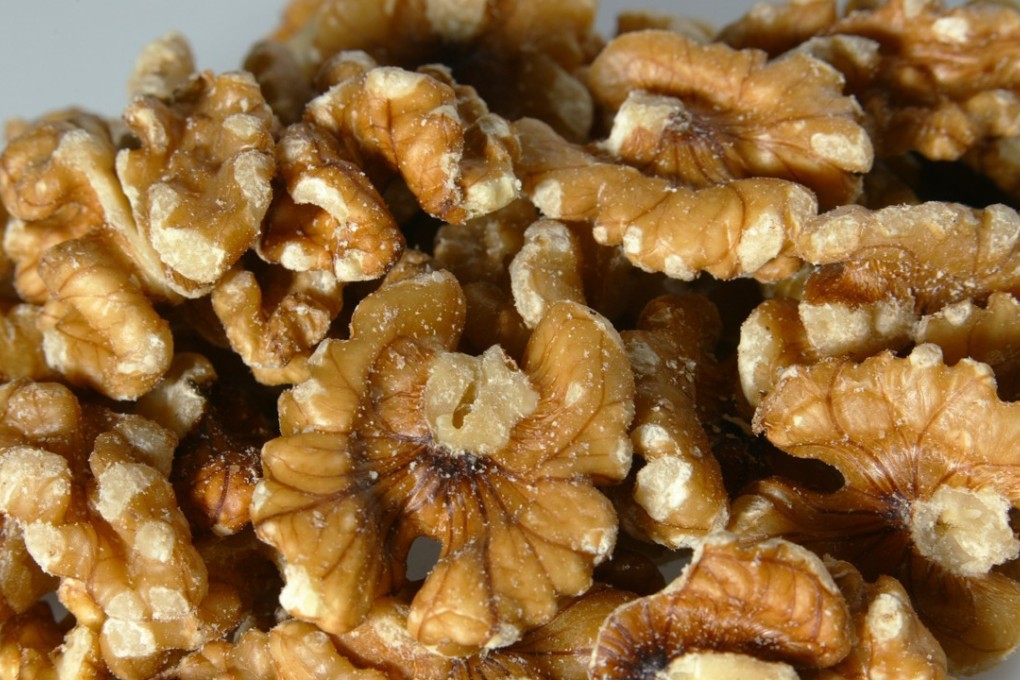Certain nut varieties may ward off colon cancer recurrence, research finds
Scientists have found that eating just a handful of nuts a week, such as almonds, pecans and cashews, could reduce the risk of colon cancer returning by almost half

Eating certain kinds of tree nuts, such as almonds, pecans, walnuts, hazelnuts and cashews, has been linked to dramatically lowering the risk of colon cancer recurrence, researchers have found.
The observational study involved more than 820 patients who had undergone treatment for stage III colon cancer, typically including surgery and chemotherapy.
Such patients, whose cancer has not spread elsewhere in the body, have a 70 per cent chance of surviving three years after treatment.
Some 19 per cent of patients consumed about a handful of nuts per week.
These nut-eaters saw a 42 per cent lower chance of cancer recurrence, and a 57 per cent lower chance of death than patients who did not eat nuts after finishing their cancer treatment, said the report, released ahead of the American Society for Clinical Oncology (ASCO) annual meeting, held in Chicago next month.